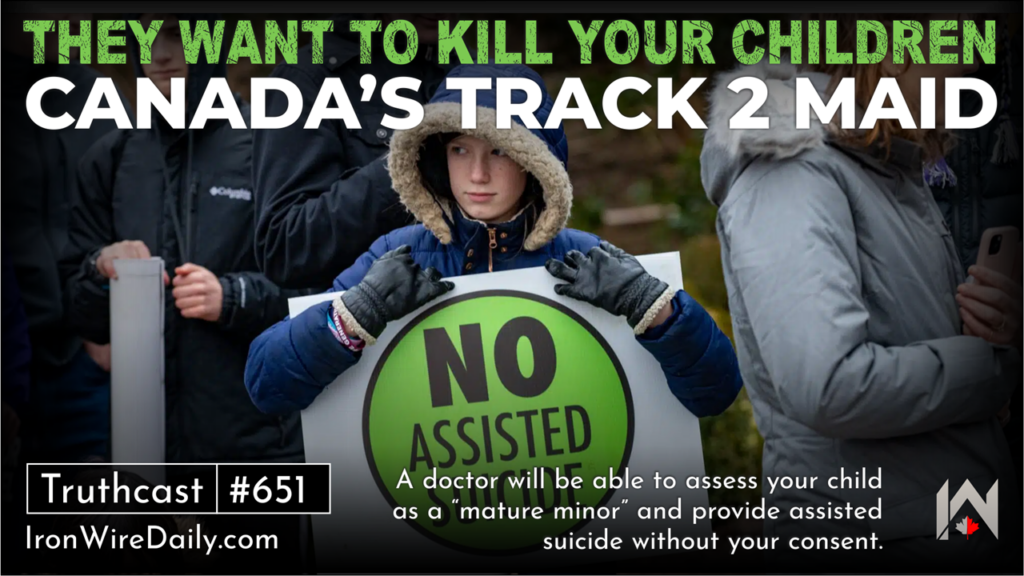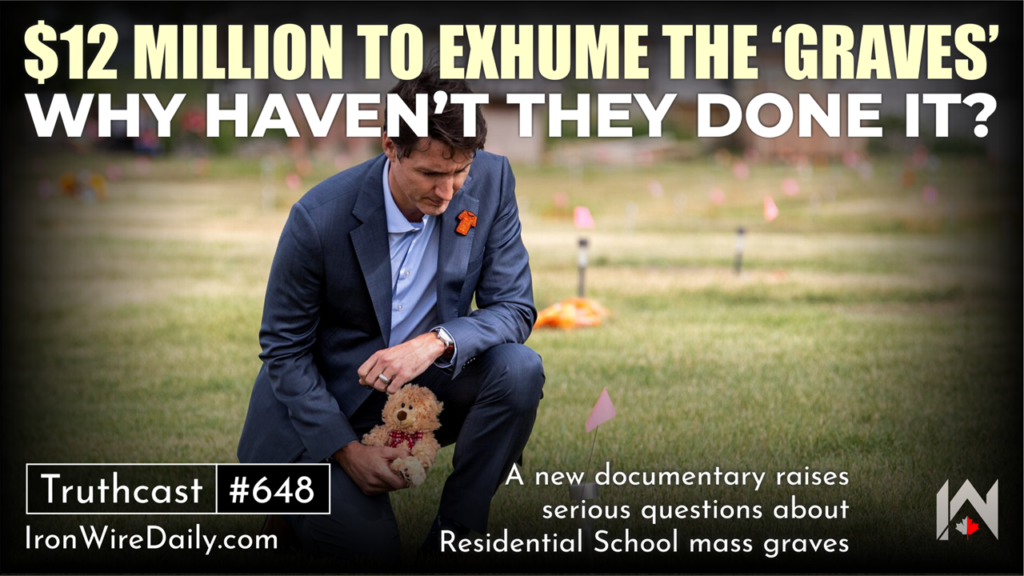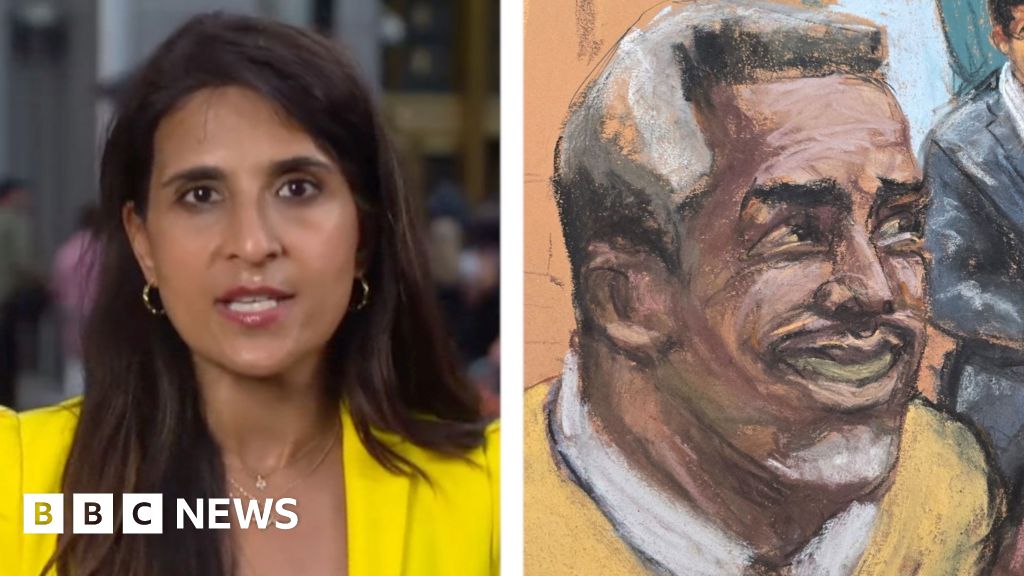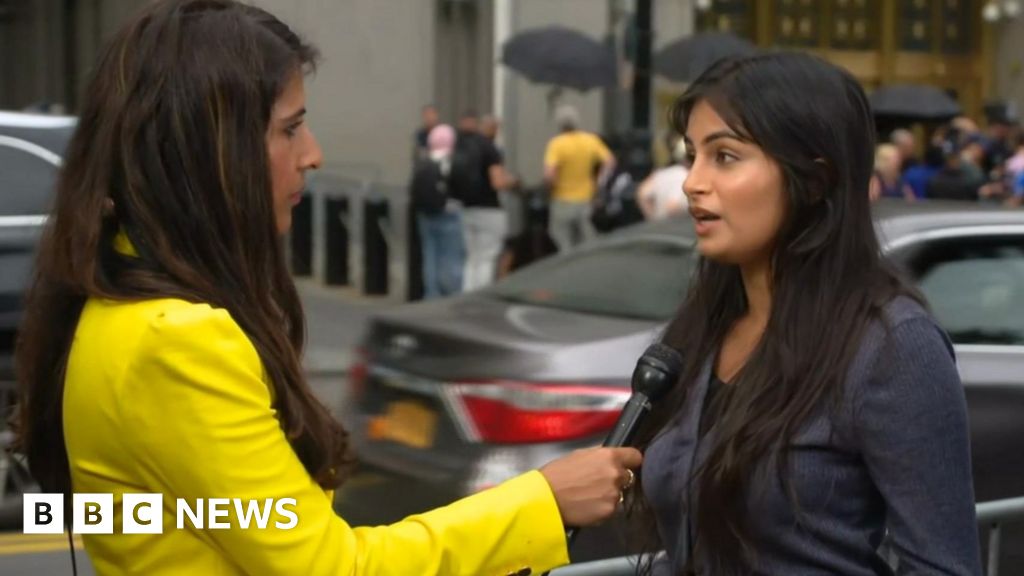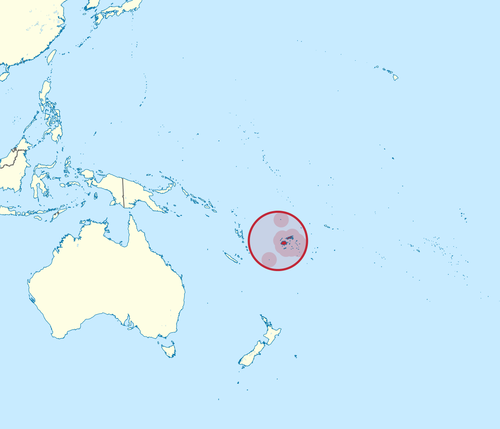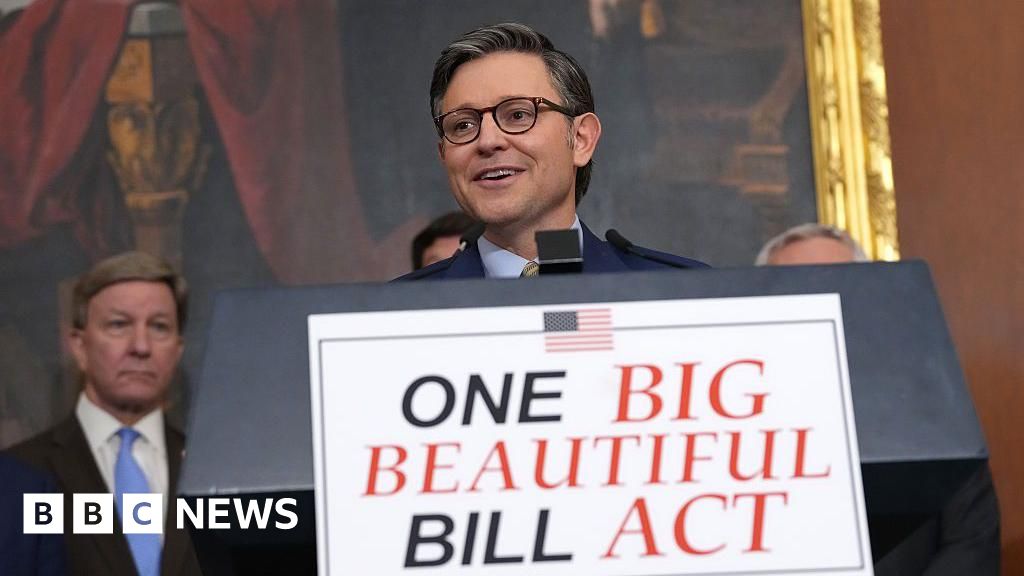Breathing is a Skill; Don’t Take it for Granted | John Manley
How can you breathe wrong? How can you change your breathing to improve your health? What did Will learn to improve his breathing and his life? How can you breathe to alleviate stress? What are some effective first steps to…
John Manley on Breathing Will: [00:00:00] I have with me, once again, author John Manley. You have seen him in previous interviews with me on his excellent novel, "Much Ado About Corona" and in another discussion that we had recently about motivation and taking on big projects, John, however is also very highly educated on the subject of breathing. I know that I just lost some of you right there. So I'm gonna give you a confession: fitness and nutrition nut that I am, up until a few years ago. I poo-pooed the whole idea that breathing, how we breathe could possibly make any difference. And I've come 180 degrees on that. I've done some experimentation of my own. I will freely admit my knowledge does not go nearly as deep as John's does, but I can tell you that this is an important and very underrated topic. Most of us quite simply are breathing wrong and it's causing a number of problems. John, would you give us an overview? John: I've seen, [00:01:00] I used to actually work as a type one diabetic consultant where I would help people with type one diabetes. And I would when I discovered about the effects that breathing could have I started using it with teaching breathing. What's called breathing retraining, teaching people how to breathe properly. And for example, I had one man type one diabetic. His asthma was so bad that he was in the ER every single week with GERD and acid coming up his throat. And he had he had to have a whole cortisol and all these drugs put in him just to stabilize him, talking to him on the phone. He was like on inhaler, every 20 seconds, coughing. And he had not heard that I was teaching what's typically called the Buteyko method of breathing and he was a lawyer and he knew he wasn't able to continue very long in this condition. And he thought I was just a scam artist. So he actually booked the consult with me so that he could sue me after, when it didn't work And within one week he was off his inhaler. He had stopped coughing. He had never gone back to the ER again and six months later, he's running [00:02:00] marathons. And that was just by teaching him how to breathe differently. And he's totally off cortisol treatment too. So I've seen people who have been in wheelchairs and you just teach them how to breathe properly. And they're not that I'm not talking about people who physically can't walk, but usually people who are just unstable walking and so forth. I've worked with seniors in nursing homes, where they were always falling over and I teach them how to breathe properly and they're not having that low blood pressure drop. So anyways I've seen my own health transform radically using these methods. Will: Let's start out with the practical John, because I have done some experimentation of my own with various methods of breathing and I'm gonna get into my own personal story later of how it improved a certain thing for me. But just start off out with the practice. What does a person do to breathe properly, as opposed to the way we just have been doing it and not even thinking. John: The biggest things people are tending to breathe too much. And it's very easy to over breathe because the lungs are such a powerful the whole musculature of the diaphragm, everything, it's a very powerful [00:03:00] system of oxygen exchange. So people can average 30 litters of air per minute and not even realize they're over breathing. What Dr. Buteyko found that at rest the proper amount of air is between four to six liters. So essentially what most people are doing and what they keep on and encouraging people to do is to breathe more when they're exercising to breathe more as if somehow if you breathe more, you're gonna get more oxygen. And this is like totally anyone can buy one of these Oxygen meters and put them on their finger and find that if you start breathing more heavily, what's gonna actually happen is your oxygen level's gonna go down. It's not gonna go up. Most people's oxygen levels are 98%, 96%. And that's a pretty normal level and you're not gonna get 150% oxygen in your blood. One of the big things is that people are actually breathing too much, just a good example would be is, food's good for you, but if you eat six meals a day, instead of three, it's probably not gonna work out. Will: I wanna clarify what you mean by too much. Are you saying too fast? John: It can be both. It can be [00:04:00] too fast. Typically it's a combination of too fast and too large volume. Okay. Most of the lungs actually don't absorb oxygen. It's only the lower half of the lung is where most of the oxygen receptors are. The upper half is fairly useless for absorbing inter oxygen even has that tapering effect that we can see. For example, the major thing people do this is like one thing if no one takes anything else from this. And this is based on research that goes back to 1908 and it's easy to prove both from personal practice. And then I can suggest several books with hundreds of studies to back this up that the human body was designed, except for an emergency situations, to breathe exclusively in and out through the nose. And that for some people to think is radical because they, and that includes when exercising and actually doing that during exercise will produce enormous benefits while doing the opposite during exercise explains why you have some people I've worked with this one, [00:05:00] man, that he was a really fit strong weightlifter. And one day he was doing the bench press and breathing as heavy as he could through his mouth and blood vessel burst in the back of his eye. And he started having internal hemorrhaging. Fortunately he survived with the help of doctors and drills and a week in the ICU. And then we have stories of marathon runners, that durng the halfway through 30 years old and they just dropped dead of a heart attack while they're running. So you can look at these primitive tribes, like the Piaroa, or not the Piaroa, the I'm gonna forget their name, the Tara Maraja tribe in Mexico. These guys are like running till they're like 80 years old, 14 kilometers. Sorry, not 14, 40 kilometers a day. So there's what happens when you breathe through the nose is one, you start breathing less automatically, cuz the nose is a much smaller passage way than the mouth. The other thing that happens because you're breathing less, what you end up doing is retaining more CO2 and CO2 has been given such a bad rap for, since I think 1860, cuz they originally discovered yes, too much CO2 [00:06:00] will kill you. But in 1908 they actually started to find out that too little CO2 would kill you too. So there's the ideal amount of CO2 in the lungs as per Buteyko's research was between 4% and 6%. 4%, you'll have no health problems, 6%, you're like superhuman. If you can maintain that level of CO2 in the lungs, because what CO2 does, it does two things. One, it expands blood vessels. It's a muscle relaxant and every blood vessel in the body is made of muscle tissue. You could prove this easily to yourself by. Just holding your breath. If you hold your breath for 30, 60 seconds, you will start to feel more blood flow going out to your fingertips, your head. The other thing that happens with CO2 is that it causes oxygen to be released from hemoglobin. If the CO2 level's too low on the bloodstream, the hemoglobin will hold onto the oxygen. It'll grab it in the lungs, circulate it through your whole body and bring it back to the lungs and shuttle it outta your body. [00:07:00] I want, I'd wanna jump in with a question, John, and I'm really going out on a limb here. This might be one of those cases where I stick my neck out and you tell me I'm completely off face, that's fine. We talk about holding our breath. And I think from my own perspective, we need to clarify what we mean by that, because there's holding your breath with your lungs full. and it's holding your breath with your lungs empty. Now, if you are say trying to set a world record for being holding your breaths, submerged under water, then clearly yes. You want to have your lungs full because your body's gonna gradually absorb that oxygen . But I find that for relaxation breathing. I get a whole lot more benefit out of holding my breath. I've breathed out, I have emptied my lungs and then stay there for five or six seconds before I breathe in again. Will: And in fact, when I'm doing relaxation breathing, I don't even like to hold my breath with my lungs full because I find it uncomfortable. Is there any science behind what I've just said? John: Absolutely. That's What happens. It's very interesting cuz when you are holding your breath of it full now, you're actually engaging a whole load of muscles and what will [00:08:00] actually happen if you actually look at any heart rate monitor, that's very sensitive when you're inhaling your heart rate increases. And then if you're exhaling, naturally your heart rate will decrease. Because if you're breathing properly, when you exhale, it shouldn't involve any muscle to exhale cuz the diaphragm and the lungs have a contracting effect. And what Dr Buteyko found in his research is extremely like what basically his system was very simple. He would find people who were extremely healthy. He'd put them in his laboratory and then watch how they breathed with all this equipment. He started to find, and he'd take people who were extremely unhealthy and watched how they breathed. And he found a very specific correlation. And one of the correlations was that people who are very healthy actually have a pause in between the exhalation and inhalation. That they don't go from inhale, exhale, inhale, exhale. They go inhale, exhale, pause, inhale, exhale, pause. Because that pause actually allows the accumulation of CO2, which is a muscle relaxant. [00:09:00] So you're not using your muscles and plus at the same time, you're accumulating CO2. There's quite a number of factors to breathing. That's why it's a bit tricky. But practically even just by breathing through your nose, what people will start to feel immediately if they're not used to it is that they feel like they're suffocating. They'll feel this kind of air hunger feeling. And that actually is not caused by a lack of oxygen. The oxygen on planet earth is like 21%. Our lungs are very large. There is no risk that breathing through your nose will deny you oxygen. And if you are at all concerned about it, all you have to do is get an oxymeter. But I've run six kilometers every day with my mouth closed up and down hills carrying weights and I don't even notice now, so by simply breathing through your nose, especially when exercise is the best time to do it because when you're exercising and you're moving a lot or lifting heavy weights to a lesser extent with weights because it's anaerobic exercise you're producing a lot of carbon [00:10:00] dioxide in the body cuz the oxygen's being used up and then turned into CO2. So now the CO2 is rising in the body and then by breathing exclusively to the nose. Put a stop. dunno, what's it pressure gauge on how much can be released? So eventually your brain stem, which measures CO2 constantly will start to adapt and go, oh there's nothing bad happening and you'll eventually not feel like you're suffocating anymore. So when one's exercising, it's actually very good. If you feel a low level of suffocation the whole time you're doing it, because that means your body is becoming trained to become used to a higher level of CO2. So that when you stop exercising, you want to maintain that level of CO2 by breathing less. Did that make sense? Will: Yes, it did. In fact I'm gonna interject something from my many years in the gym. And I'm gonna go off of my I could point at other people, but I'm gonna pick on myself because I was doing something very wrong for very, a lot of years. So let's take the illustration of say doing squats, you put a happy weight across [00:11:00] your shoulders and you squat down, bring it back up. And I'm a fairly strong individual. So I was doing this with a little over 300 pounds. And for years and years, the way I would do it was the way that you see almost every bodybuilder do it. You'll take a deep breath. And you'll go down, you'll push back up and then you're and you'll do it again. And you hold the breath the whole time. And what I found was no, that's the wrong way to do it. When I started learning about breathing, what I would then start doing is I would exhale on the exertion as I was going, push the air out as I'm going up. And then breathe in as I was going down when there was less energy required from me. And not only did I find that I didn't lose any strength or ability to do reps, but I was way less out of breath at the end of the exercise. John: Yeah. That's what people notice, especially too, with running. If you breathe exclusively through the nose, when you stop. Your breathing just goes to normal. You're not puffing and puffing. Like you're having a heart attack. It was actually very interesting, Dr. [00:12:00] Buteyko who revolutionized, if anyone wants to, unfortunately most of his work was in Russian, so the translation to English has taken years, but he was actually in the Soviet military quite against his own will as he was not a communist by any stretch of the imagination. But he was doing extremely heavy lifting with mouth breathing and he eventually ended up getting oh, what's it called? High blood pressure, but like extremely high blood pressure. And this was before medication. And that was typically if you didn't have chronically high blood pressure, you'd eventually just have a heart attack and die. That was part of what motivated him to realize that by breathing less, he was able to expand his blood vessels so that the blood pressure problem essentially disappeared because what one does when they're exercising that way is training their body to be in a very condensed blood pressure situation. So that even when they stop the exercise, they train themselves to want very low CO2 levels, because it's actually funny by breathing that heavy, even though you're creating more CO2 by doing [00:13:00] exercise. You can actually get your CO2 lower than when you're not doing anything. It's more dangerous of weightlifting because it's anaerobic. So you're not producing as much CO2 versus running where you do produce more. Will: Now it depends on how you're training . That's true too, for me when I'm doing weightlifting, I'm typically ,my rest between sets is how long it took me to walk from one set of weights to the. John: And one cool thing to do with weight lifting like that is when you're walking from one weight set to the next, or you're doing your next rep is to hold your breath in between because one of the dangers, oh you'll love it because you'll feel like I do that with chins. I do as many chins as I can then I go to this, the lower chinup bar where I can have my feet on the ground just to finish off and then I'll run around and do back. I'll hold my breath in between that. And you would just, one, what happens is the danger is cuz once you stop exercising, especially suddenly your CO2 levels have now gone really far down and it's hard for you to suddenly get your breathing down by holding your breath. Now you got your breathing down. The CO2 will come back [00:14:00] up doing that before exercise too is amazing. Just having short breath holds where you hold your breath till you feel the urge to breathe. And then breathe for a while and then do a few breath holes like that before you exercise, it gets your body accustomed to the higher CO2. I know a tennis player for example, I had him do that and he started winning tournaments like crazy because it was away from the warm up without getting worn out. . And adjust his breathing in that sense. One of the reason, sorry, Will: I just wanted to throw in this other thing, cuz I was talking about exhaling on the exertion and this is something that got confirmed for me when I studied martial arts for years is that they would teach you to strike on the exhale and you're pushing the air out as you strike. And it, it, I guarantee you, it gives you more power. It really does. If you're breathing properly, as you're doing these motions, you get a lot more power. John: It, it's tricky in some ways too, because with all exercises and this is where it becomes confusing. Because if you look at a lot of athletes, like a great book to read for, from an athletic point of view is 'The Oxygen Advantage' by Patrick McKeow [00:15:00] n he's worked with Olympic athletes and it's amazing how many Olympic athletes are on asthma inhalers. And how many Olympic athletes have chronic asthma. They call it exercise induced asthma, which I think is not correct at all. But what happens if you are doing things that are lowering your CO2, breathing through your mouth, what it does do, and especially actually also the other big factor is using the upper chest. All those things stimulate Cortisol production. Even when CO2 goes very low the other thing it does it, it's not so much that it does. It does one thing that it does actually dilate the blood vessels for muscle tissue, like actually in the muscles. And re divert, and then it will constrict all the blood vessels to your internal organs, your brain, your lungs, all this type of thing. Cortisol is released because once you have the blood vessels in your lungs, constricted, now oxygen can't get from your lungs to the bloodstream. Cortisol will actually override the effect of low CO2. My main point is that when you do breathe through the mouth heavily, And [00:16:00] also pushing air out and breathing with the chest. All these factors actually create a very high cortisol situation, which is very good for an emergency situation where you do have to expend an enormous amount of energy. And I think this is partly why you have these stories as a mother, with the child underneath the car, and she lifts the car up and she doesn't have the physique for it. And she is in super cortisol mode and the body is diverting everything it can to a muscle tissue and it will even switch over from not even using oxygen. It will actually switch over to total glucose burning cuz you can burn glucose faster than oxygen. So for, people who are like really competitive in sports, it's hard to convince them to go exclusively to nose breathing because they know they have a competitive edge if they are willing to, for short periods of time use go into a fight and flight mode. It, that's also why it's confusing. Sometimes people think that they breathe [00:17:00] in properly and it makes 'em feel better and they think, oh That was good for me. Like a common thing. They tell people who are stressed is take a big deep breath and people inhaling through their mouth and filling their lungs up and then letting it out and doing that several times and they feel better. It's not because they actually....the stress level went down. What they did was released a lot of cortisol and the cortisol is designed to make you feel like, if you got your arm cut off, you don't care. It numbs pain. It stops your brain from worrying about things, because you got some life and death situation where you don't need emotion and you don't need pain. So that's something that people have to be very aware of, experimenting with breathing exercise. Will: I'd like to pursue that because we've talked a lot about breathing in terms of athletic endeavors. But I know what a lot of people are gonna be interested in is breathing for relaxation to lower stress. Can you give people some guidelines on that? John: It partly it's. I'd very much recommend people read and look at the organization like "The Breathing [00:18:00] Cure" and the BCO clinic in Ireland, that would be a resource to go to. There's a test. That's the problem is this is a simple problem with trying to give like a one suggestion for most people is because it depends. If your breathing's very bad, then certain methods will actually make it worse. And this is why some people will try something that works for one person and not another, it's not because the method's not universal it's because that person's not ready for it. So if someone has very chronically low CO2 levels, raising it even just a little causes an anxiety cuz they get -- they're so used to feeling like they're gonna suffocate. And we saw a lot of this once they started mandating masks on people because we had a very small population, like I'm totally against masks. I'm not defending masks at all here, but there was a very small percentage of the population that they'd put the mask on and they felt like they were dying and some of them would lose consciousness. So what's happening with these people with the mask is the two things will happen. The more common thing is what they'll start doing, because they feel [00:19:00] like they're suffocating, they'll start breathing through their mouth. And now they actually start hyperventilating instead of actually their oxygen level going down because of the mask it's actually increasing, they're taking in way too much air. And once they do that for long they're pushing CO2 outta their lungs. CO2 leaves their lungs. Now the blood vessels going from the lungs to the bloodstream, constrict and now oxygen can't pass from the lungs to the bloodstream, which will cause an accumulation of CO2 in the blood, in a decrease of oxygen in the blood. And essentially what they've done is given themselves an asthma attack because they overreacted to the feeling of suffocation. This is why the tech what techniques will work for some people don't work for others. If someone's breathing is very bad, they have to start first, just learning the mechanics of it without reducing the breathing. They have to learn to breathe with their diaphragm and not their chest. They have to learn to not push the air outta their lung. That the diaphragms use for inhaling, whether that after that point to relax. So [00:20:00] a typical technique for them, that's very basic is putting one hand on the chest, one hand on the diaphragm and just practicing, breathing in through the diaphragm without feeling the chest move at all. And that's for some people at the beginning as a phenomenal experience, then to introduce nasal breathing and just have them close their mouth and typically they'll, some people will find that extremely anxiety provoking, cuz they're just so used to so low CO2 levels and it can take months for them to develop past that. The next stage after that is usually learning how to Practice short breath holds where you'll hold your breath to the point where you feel like, oh, just beyond where you feel like I'm starting to suffocate. And eventually increase that time longer and longer. Dr. Buteyko, for example, could hold his breath for three minutes before he felt any need to breathe. Which is a phenomenally long time. I thought I'm about like first thing in the morning. What I do soon as I wake up is I inhale exhale normally and hold my breath and [00:21:00] I have an alarm clock. I should get a light one like you, but that I know how long things are going. And that way I can time. When do I feel like I start to need to breathe? And this he found was actually the best test to find out where your breathing's at. Anyone can do this in the morning. It was a stopwatch. Inhale, exhale, hold your breaths by closing your mouth and plugging your nose. Don't just hold your breath if you can go. 30 seconds without feeling any urge to breathe. That typically means if you have no health problems and your body's functioning in a pretty good state, anything below that typically means health problems below 20 is usually significant health problems. If you can't go 10 seconds without feeling like you need to breathe, it's usually is very serious health problems. Ideal though, of people who have between 40 and 60 have absolutely no health problems and function at very high levels of performance. And then it's also a good exercise just to do first thing in the morning, cuz your brain [00:22:00] is very receptive to whatever you do. First thing in the morning. And the first thing in the morning, you train it to accumulate CO2. It sets you up for the rest of the day, but okay. This is a, this is one thing I gotta really talk about. Nighttime is the worst time for people breathing. You ever hear of some people breathing and it sounds like they're, they're breathing more heavy than if they were walking. Snoring and loud breathing. Typically a lot of people will revert to mouth breathing at nighttime and they might not be aware of it, or they might be aware of it. Absolutely essential for most people for two to three years is to tape their mouth shut at night. It sounds extreme and it it's one of those things, like I say, a lot of people for the first week, they find it uncomfortable. They usually wake up at the middle of the night and find the tape around their finger or something like that. Some people have to practice first just doing it during the day or for a nap. But after you do that for most people, I know 95% of people I know who tried that after two to three months are like terrified to go to bed without tape on their mouth, because anytime they [00:23:00] fall asleep and start breathing through their mouth. It's it, their whole body is like an alarm mode. It's something terrible has happened. I've been doing that now for five, six years. I probably don't need to use the tape anymore, but I just, I don't want to take the risk because what happens, the problem with sleeping is you're not producing any CO2 all night, cuz you're just laying there. So your CO2 levels are gonna get lower and the tendency is to start breathing heavier and heavier. So by the end of the night your actual CO2 levels get dangerously low. And this is Dr. Buteyko believes that this is why primarily most people die in their sleep in the world. And it's usually in the last two hours of sleep. He worked in the death ward in various hospitals. And he had the pleasure of sitting by bedside and watching and analyzing how people breathe during their last hours of their life. And it's always excessive. And for example, too, with tumors, they know that tumors will actually grow typically when people are asleep and what they actually found in the [00:24:00] largest and most successful study ever done on cancer treatment was in Ukraine where they took 300 people with breast cancer, divided them from the two groups. They taught one of them how to breathe less, mouth taped during the night and the other group, they just left them normal. They both gave them chemotherapy or whatever the heck the medical system did to them and the group that was using the mouth tape at night and learning how to breathe less, had a 300% increase in survival rate. So there's a correlation between level of CO2 and cancer. There's a correlation between everything because as soon as CO2 level goes low, your whole body is becoming constricted and all your organs, internal organs in your brain are being denied oxygen, but denied nutrients, being denied blood flow, and it's also being denied nitric oxide, cuz all the nitric oxide is created- most of the nitric oxide in the body, 90% of it is produced in the sinus cavity. There's [00:25:00] glands in the sinus cavity that grabs the nitrogen in the air and the oxygen in there. And they put it together and send it to your lungs. Nitric oxides, another big blood vessel dilator. And we, we're still finding it, all the things it does for people. If anyone has a heart attack, first thing in the ER they give on liquid nitrogen. That's also another big, there's so many benefits to just breathing through the nose. See it warms the air to the about 32 degrees Celsius. By the time it hits your lungs, the filters in the nose are incredible. One thing I noticed when I switched totally over to nose breathing, 24 7 was I had to go around with Kleenex in my pocket. Because you don't, it's amazing how much gunk would - I, Will: How much gunk builds up because your nose is filtering John: it out. Yeah, no, that's the problem is most people will start breathing through their mouth and they lose that filtering ability. And then they wonder why they get respiratory disease. I'm probably only touching on, all the amazing things that just happened by breathing through your nose. But just by breathing through your nose and forcing yourself to do that during night using sleep tape, then that you can - what I use is typically just the [00:26:00] 3M sleep tape. It's not sleep tape, just the 3M surgical hypoallergenic tape, but there are probably four or five companies now that make specific tape, just for sleeping at night, as a company in Sweden called Conscious Breathing. That is probably the best tape. Especially if you, some people get rashes from tape on their mouth. There are other devices people have, there's like things that hold your jaw closed. I never like those myself, the tape works great. And I swear. You wanna see people's respiratory infections, just decrease. If the government would just tell everyone to breathe through their nose, instead of wear a mask, I'm not into the government teaching people stuff, but if they wanna teach them that would be a miracle. Any country that started doing that would see a phenomenal increase in health. I have no doubt in my mind. Will: So John, I think, and man, this is a huge subject. Yeah. And I knew that coming into it, it even better than I do. I hope that this interview we've at least convinced some people of just how important this is and it's something they should pursue further. I am gonna ask you to send me a reading list and as always [00:27:00] folks, we're gonna have a links underneath the interview where you can pursue this, but I would like to finish off with just this simple question for people who have watched this interview, who have never even perhaps even thought about breathing before, have never tried any of these techniques, where would you recommend people should start? John: Principally, I would say for most people, if they... to get an accountability partner, especially your wife or spouse or whatever, and just say, let me know, anytime you see me breathing through my mouth and point it out, and start wearing the tape at. And this is actually crucial, too. Especially if you had jobs that involve lots of talking. It's very hard to get in the habit when talking, cuz you obviously you have to breathe through your mouth to talk. And that's one of the reasons why sometimes, you've talked for a long time and you feel exhausted is because it's pushing your CO2 levels down. One thing too is what to, as best as one can to try to breathe through the nose when they're talking, that's an art that I haven't even mastered yet. It's cuz you gotta do a longer pause. But the other thing you can do is when this, the other person's talking or you have, a longer break from talking [00:28:00] is to actually inhale exhale and don't breathe because that will allow the CO2 to build back up in your bloodstream. And that I find like when I'm having interviews and so forth, as soon as the interviewer saying something, I just inhale and exhale and I just stop breathing until I need feel the urge to, and that helps tremendously with how you feel after. So that would be my things is: start breathing through the nose 24 7. Get the sleep tape, or just go to your local pharmacy and get the 3M and put it on at night and get an accountability partner to make sure you're breathing through your nose. And I'd start there. Will: And could I suggest this and I want your input on it because this is I think the first exercise I did that convinced me of how important breathing is, and without going through a long song and dance, I'm gonna tell you that I was a was, and still am trying to correct this, a notorious chest breather my whole life. Wasn't breathing through my diaphragm. And so the first experience I had with breathing that made a huge difference was I was told [00:29:00] to just sit down consciously, relax the stomach muscles and breathe through that diaphragm. Let the whole thing just drop. As you said, you could put your hand up here. So I breathe without letting that move at all. And the exercise I was given was inhale, as you let those muscles relax and let the diaphragm do its job, exhale. Hold it for three or four seconds. Do it again. And I only had to do that five or six breaths and I swear I could feel my blood pressure dropping. John: Oh yeah. Yeah. Will: I was suddenly starting to relax. This was the thing that got me to start paying attention to breathing. And I still have a long way to go down. This I'm nowhere near as far down the road as you are, but it's incredibly important that to understand almost all of us are breathing wrong and it's causing a host of issues because we're breathing wrong. John: I'd say almost probably most medical conditions will improve because if you don't got blood flow going to these organs and that's the problem, some people [00:30:00] will favor some organs over the other. But no, what you said is exactly Dr. Buteyko had that type of sit down meditation technique. It's not meditation technique, but breathing technique that he would recommend, especially for people who can't do physical. And that's where it's a real lifesaver because you take someone who's just had a heart attack and tell 'em to go running with their mouth closed. You're gonna kill them but he would have them do a very similar exercise to what you had. It's typically called The Buteyko Method. And he'd have people were like on death's bed and he'd have them do that for 10 minutes every hour. He would even wake them up in the middle of the night, every two hours and have them do it for 20 minutes. Cuz he knew there was a good chance they were gonna die in the middle of the night because he'd look at them how they were breathing. And I'd say the only thing with that technique, which is fine is expect to feel a little bit of suffocation. What such, what you want. You want to feel just like you're just not getting enough air for the whole exercise. Then, you're retraining the brain. If you feel like you're getting enough air, then it's, you're still breathing too much. Just if you feel like it's just a little [00:31:00] suffocation, that means you're doing it right. Will: All right. John, thank you so much for sharing all of this. Folks as always, there will be a list of links underneath this interview on the website that you can follow. If you wanna learn more about it it's deep subject. It really is. It's not something that you're gonna learn everything you need to know about it in 10 minutes, I can guarantee you that, but if you'll invest the time in it John can tell you huge benefits. And even I who have done far less down this road than John has, there's huge benefits to learning, to breathe properly. John, thank you again for sharing this inform. Thank you very much for letting me share it. Cause it's something I'm a bit passionate about as you might noticed



